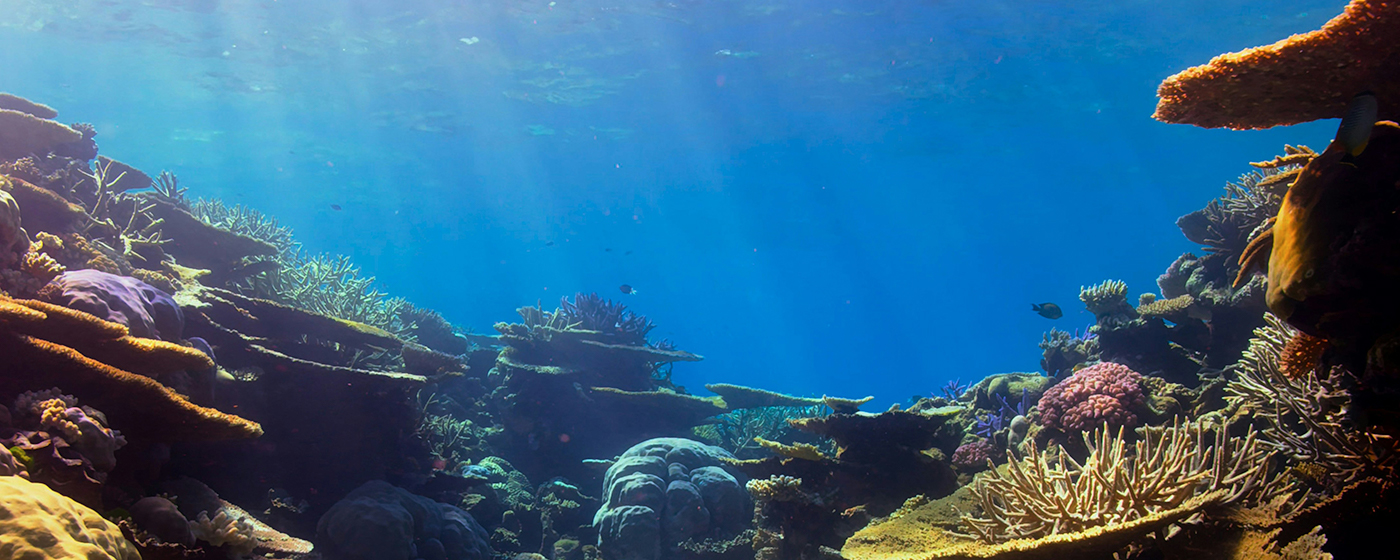Establishing world-class ocean disciplines and becoming an outstanding first-class university
This direction includes, but is not limited to, the assessment, development and utilization with wind energy, hydrogen energy, solar energy, wave energy, temperature difference energy, and more, to build a clean, carbon-free, and efficient ocean new energy system.
This direction includes, but is not limited to, corrosion-resistant, high-performance materials suitable for ocean/seawater environments, ocean structural materials (including metal, concrete materials, and composite materials) and functional materials (resistant to corrosion, high pressure, high temperature, and other extreme environment conditions) along with their application technologies.
Metallic materials, concrete materials, and composite materials.
Resistant to corrosion, high pressure, high temperature, and other extreme environment conditions
This direction includes, but is not limited to, data science, communication technology, underwater robots, artificial intelligence, etc. It involves the research and development of communication technologies that use sound waves, lasers, electromagnetic waves and other transmission methods to facilitate cross-domain information transmission on the surface, underwater and seabed. Additionally, it encompasses networking technologies for satellites, shorelines, base stations, adjacent spaces, and bottom-based systems.

Communication technologies that use sound waves, lasers, electromagnetic waves and other transmission methods to facilitate cross-domain information transmission on the surface
This direction includes, but is not limited to, high-end ocean equipment such as new offshore platforms, ocean fishing equipment, underwater vehicles, mobile floating islands, high-performance boats, and ground-effect aircraft, coastal engineering, artificial island construction, flexible pipeline, floating tunnel and other ocean engineering technologies.
This direction includes, but is not limited to, cross- disciplinary research in physical oceanography, ocean biology, ocean chemistry, and ocean geology, providing important theoretical support for the research and development of ocean engineering and technology.

Interdisciplinary Fundamental
Cross- disciplinary research in physical oceanography, ocean biology, ocean chemistry, and ocean geology
This area focuses on the sustainable development and utilization of ocean resources, including mineral, biological, chemical, and space in the ocean, ocean environmental protection and restoration, and ocean pollution control and treatment.

Ocean Negative Emissions and Carbon Sink Monitoring Technology